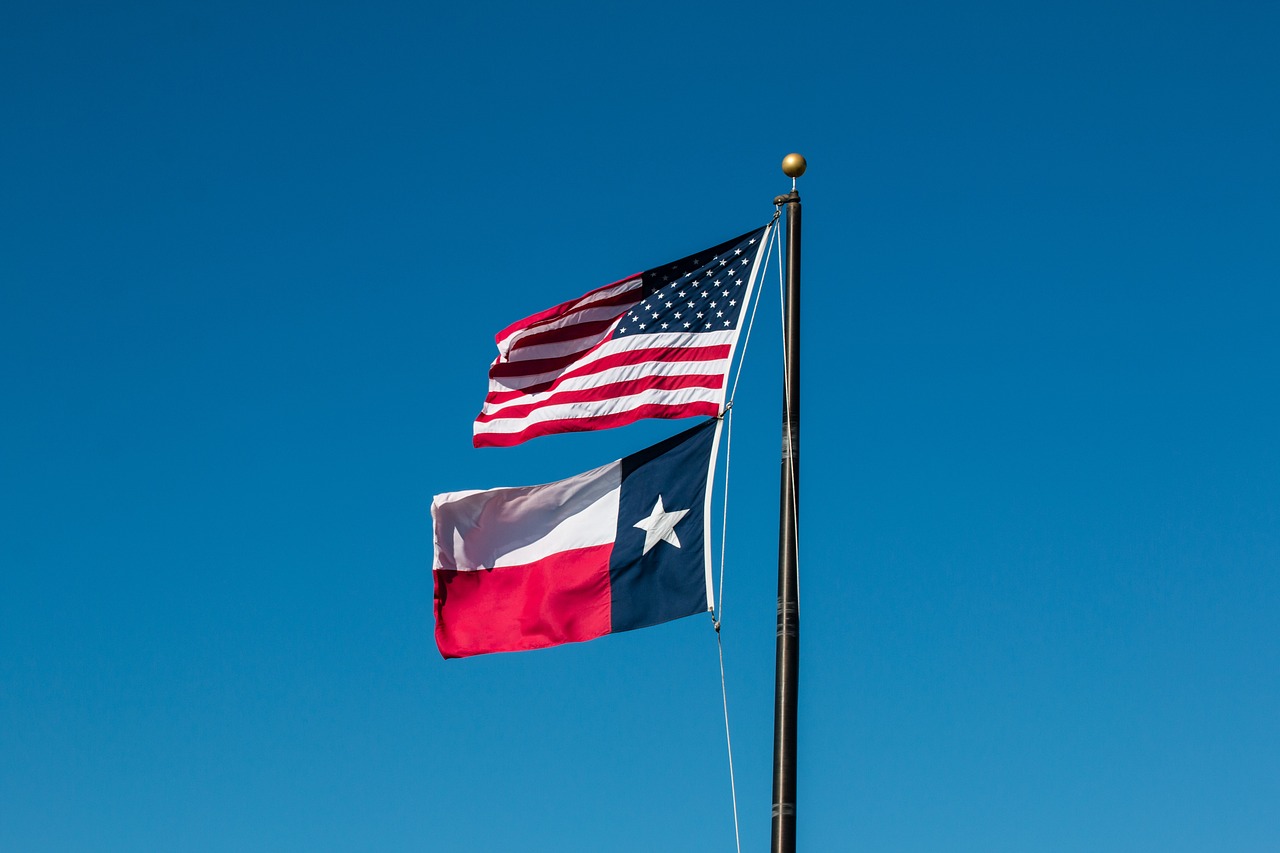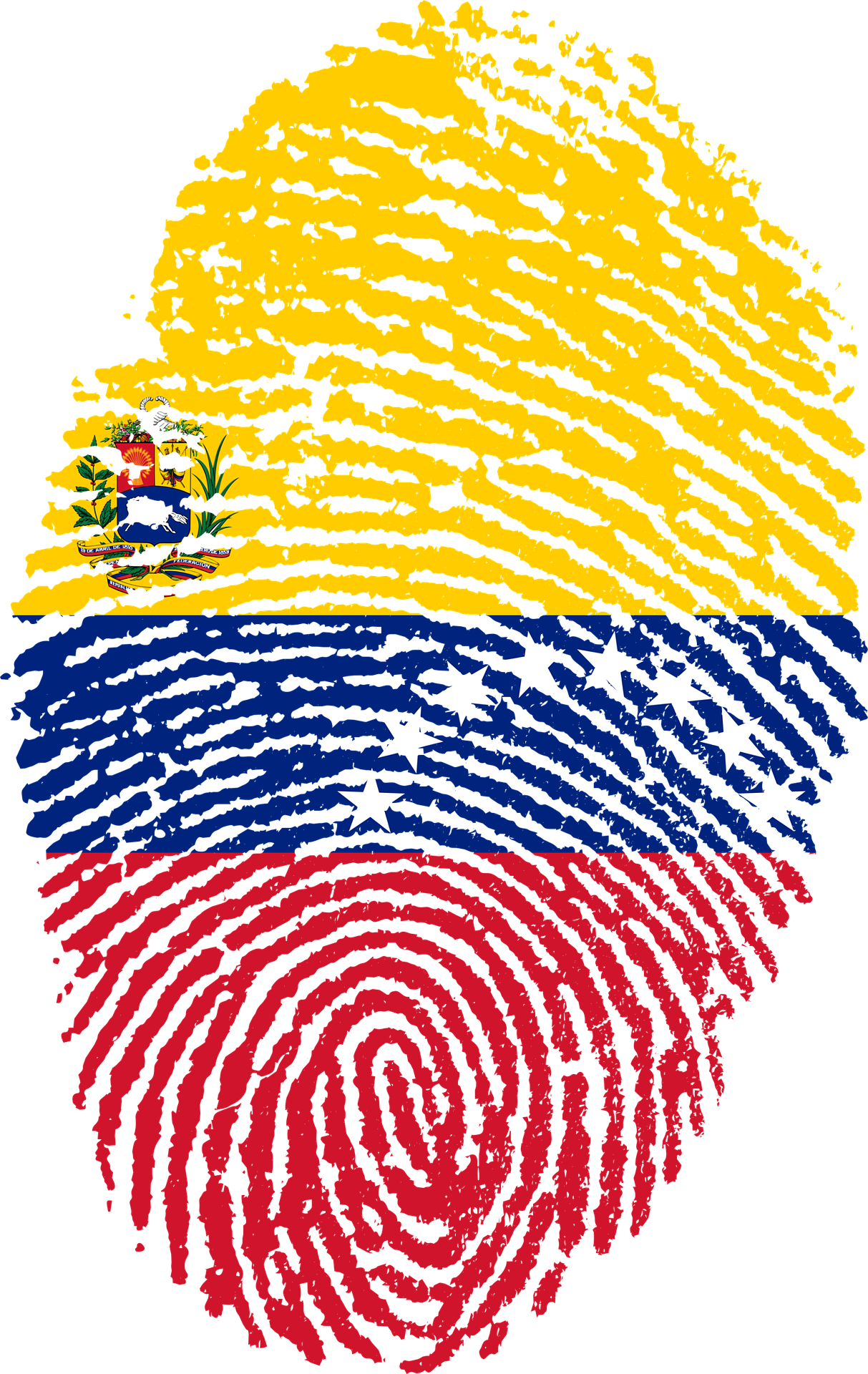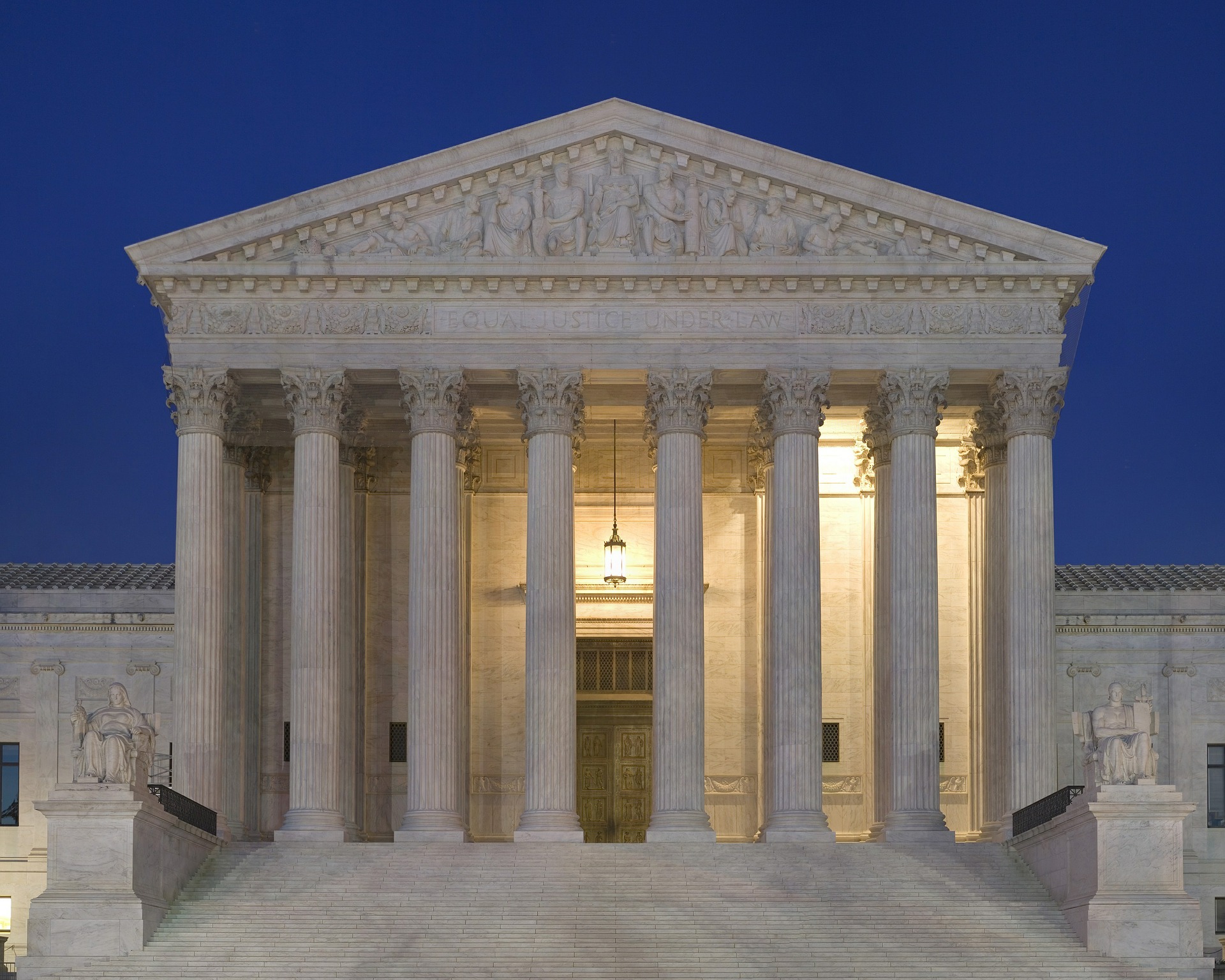
In this post we discuss a new proposed rule published by the Department of Homeland Security (DHS) that seeks to amend regulations governing Form, I-864 Affidavit of Support. The I-864 Affidavit of Support is a required form that must be completed by the person petitioning the foreign national, in order for their relative to immigrate to the United States. The petitioner must attest that they meet the income requirement based on their household size to sponsor the foreign national. Petitioners who are unable to meet the income requirement, must obtain a joint sponsor who does meet this requirement.
Essentially, when the petitioner or joint sponsor signs the affidavit of support, he or she is entering into an enforceable contract with the U.S. government, in which they agree to use their financial resources to support the beneficiary named in the affidavit of support. Where the beneficiary seeks public benefits from a government agency, the petitioner or sponsor can be held legally responsible for repaying those costs to the government agency.
The rules and regulations governing the affidavit of support have recently come under fire during the Trump administration. The President has consistently pushed for stricter enforcement of a sponsor’s obligations, requiring government agencies to hold sponsors liable for any benefits paid out to beneficiaries of an affidavit of support.
What is the New Rule About?
On October 2, 2020 DHS announced a proposed rule that (1) clarifies how a sponsor must demonstrate that he or she has the means to maintain income (2) revises documentation that sponsors and household members must meet as evidence of their income (3) modifies when an applicant is required to submit an Affidavit from a joint sponsor and (4) updates reporting and information sharing between government agencies.
Changes to Documentation Required of Sponsors
The proposed rule updates the evidentiary requirements for sponsors submitting an Affidavit, to “better enable immigration officers and immigration judges to determine whether the sponsor has the means to maintain an annual income at or above the applicable threshold, and whether the sponsor can, in fact, provide such support to the intending immigrant and meet all support obligations during the period the Affidavit is in effect.”
Specifically, this proposed rule would require sponsors and household members who execute an Affidavit or Contract to provide Federal income tax returns for 3 years, credit reports, credit scores, and bank account information.
Receipt of Means-Tested Benefits May Disqualify Sponsor
The proposed rule also seeks to change the regulations to specify that a sponsor’s prior receipt of any means-tested public benefits and a sponsor’s failure to meet support obligations on another executed Affidavit, or household member obligations on a previously executed Affidavit of Support, will impact the determination as to whether the sponsor has the means to maintain the required income threshold to support the immigrant.
Continue reading
 Visa Lawyer Blog
Visa Lawyer Blog










